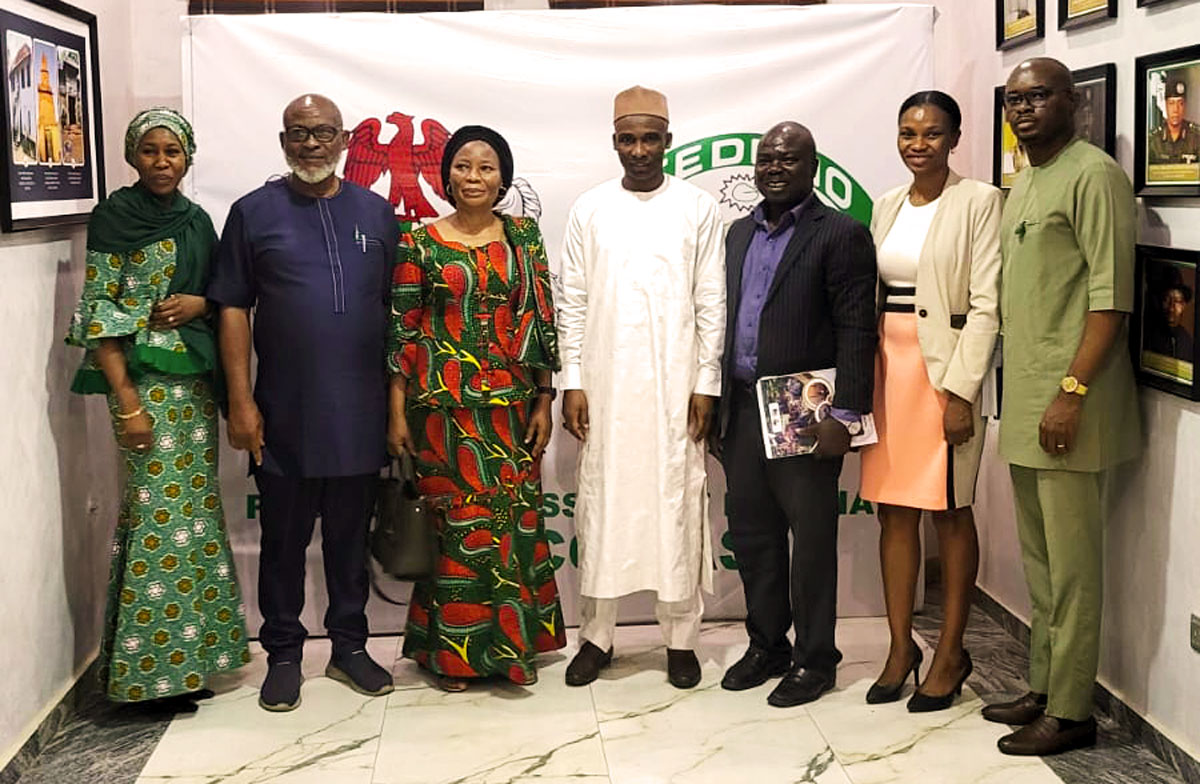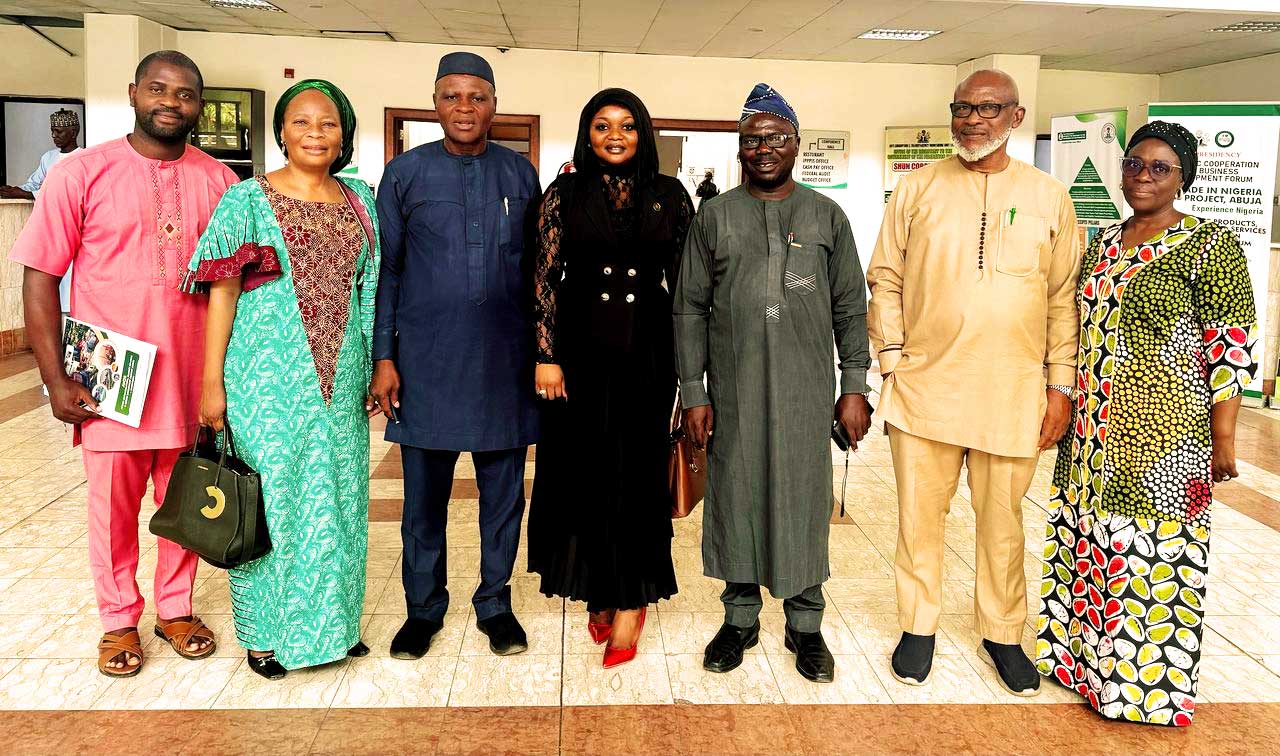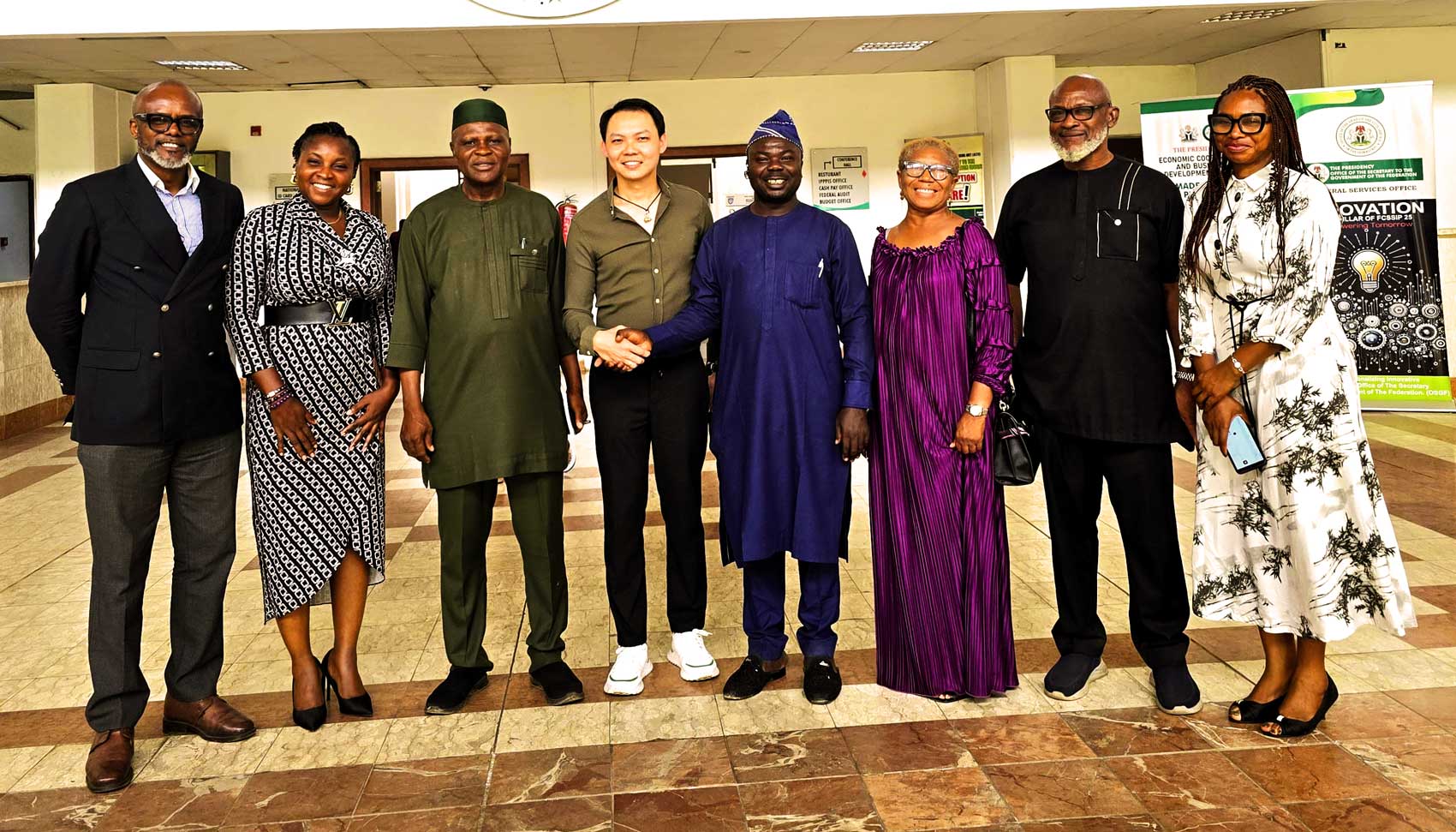Africa’s future rests on the innovation and resilience of its youth. As the continent confronts unprecedented challenges in climate change, resource management, and economic transformation, a new generation of entrepreneurs is stepping forward to create sustainable solutions. The Africa Multilateral Infrastructure, Climate Change, and Green Investment Summit, AICIS 2025 is set to be a catalyst in this transformative movement. With a focus on Africa Green Entrepreneurship, the summit aims to showcase how young innovators can drive economic growth, foster environmental stewardship, and build a resilient future.
1. The Rise of Africa Green Entrepreneurship
Africa’s burgeoning youth population, with over 60% under the age of 25, is a powerhouse of creativity and potential. This demographic shift has spurred a wave of Africa Green Entrepreneurship as young innovators seek to address both social and environmental challenges. From renewable energy startups to eco-friendly fashion and sustainable agriculture, youth-led enterprises are emerging as key drivers of green economic growth.
Across the continent, entrepreneurs are leveraging digital technologies, local knowledge, and innovative business models to develop solutions that are both profitable and environmentally sustainable. These initiatives not only create jobs but also contribute to the achievement of global climate goals and sustainable development targets.
2. Challenges Facing Youth-Led Green Initiatives
Despite their promise, young entrepreneurs in Africa face several challenges:
- Access to Capital: Traditional financing mechanisms often overlook startups, especially those focused on sustainability. Limited access to venture capital and green funds hampers the scaling of innovative ideas.
- Infrastructure Gaps: Inadequate infrastructure—ranging from unreliable electricity to poor internet connectivity—can stifle the growth of tech-driven green businesses.
- Regulatory Barriers: Complex regulatory environments and bureaucratic hurdles can deter young innovators from pursuing green projects.
- Skill and Knowledge Gaps: Although African youth are resourceful, there is often a need for additional training and mentorship in advanced technologies, business management, and sustainable practices.
- Market Access: Many green entrepreneurs struggle to connect with broader markets, both locally and internationally, limiting the potential reach of their products and services.
3. Innovative Business Models and Technologies
Despite these challenges, several innovative business models are emerging that exemplify Africa Green Entrepreneurship. Young entrepreneurs are tapping into technologies and strategies that can drive sustainability:
- Renewable Energy Solutions: Startups are developing solar-powered solutions for off-grid communities. These include solar irrigation systems for agriculture, solar home systems, and portable solar chargers, reducing reliance on fossil fuels.
- Digital Platforms: Mobile applications and digital marketplaces are enabling entrepreneurs to connect with customers, investors, and partners. These platforms enhance transparency and efficiency in the supply chain, from production to distribution.
- Circular Economy Models: Innovators are designing products with sustainability in mind—employing recycled materials, upcycling waste, and implementing closed-loop production systems. These models not only reduce environmental impact but also create new revenue streams.
- Agri-Tech Innovations: Using AI and IoT, startups are transforming traditional farming into a data-driven enterprise. Precision agriculture and smart farming techniques help optimize resource use, reduce waste, and improve crop yields.
- Eco-Friendly Consumer Goods: From sustainable fashion to biodegradable packaging, African entrepreneurs are reimagining everyday products to minimize their ecological footprint while preserving cultural heritage.
4. Building an Enabling Ecosystem
For Africa Green Entrepreneurship to thrive, a supportive ecosystem is essential. This ecosystem must combine investment, policy support, mentorship, and market access:
- Financial Inclusion: Governments and private investors need to collaborate on creating financing models that cater specifically to green startups. Options such as green bonds, microfinance, and venture capital funds focused on sustainability can help bridge the funding gap.
- Capacity Building: Training programs, incubators, and mentorship initiatives are critical to equipping young entrepreneurs with the necessary skills in technology, business management, and sustainable practices. Partnerships with universities and global tech hubs can drive this capacity building.
- Regulatory Reforms: Simplifying regulatory frameworks and providing clear guidelines for green investments will encourage innovation. Policymakers must work with industry leaders to streamline processes and reduce bureaucratic barriers.
- Market Linkages: Establishing robust networks that connect local entrepreneurs with global markets is vital. Digital trade platforms, export promotion agencies, and industry associations can help expand the reach of sustainable products and services.
5. The Role of AICIS 2025 in Empowering Youth Entrepreneurs
The Africa Multilateral Infrastructure, Climate Change, and Green Investment Summit, AICIS 2025 is uniquely positioned to catalyze Africa’s green entrepreneurial revolution. The summit will feature:
- Interactive Workshops and Training Sessions: Focused on building digital and sustainable skills among young innovators.
- Investor Pitch Competitions: Providing a platform for youth-led green startups to secure funding and form strategic partnerships.
- Panel Discussions with Global Experts: Offering insights into best practices in sustainability, finance, and technology integration.
- Networking Opportunities: Facilitating connections between government officials, private investors, and emerging entrepreneurs to foster a collaborative ecosystem for green innovation.
By highlighting success stories and showcasing cutting-edge technologies, AICIS 2025 will inspire young entrepreneurs to pursue sustainable ventures and contribute to Africa’s broader green investment agenda.
Africa’s future is bright, and its youth are at the heart of this transformation. Africa Green Entrepreneurship represents a new paradigm for sustainable development, one that merges innovation with environmental stewardship. The Africa Multilateral Infrastructure, Climate Change, and Green Investment Summit, AICIS 2025 is the stage where this revolution will take shape.
We call on policymakers, investors, mentors, and young entrepreneurs to join this transformative movement. Together, we can build a future where technology, sustainability, and entrepreneurship converge to drive Africa’s green growth.
Register today for AICIS 2025 and become part of the dynamic journey toward a sustainable and prosperous Africa.
#AICIS2025 #AfricaGreenEntrepreneurship #SustainableDevelopment #GreenInvestment #DigitalInnovation #ClimateAction #EcoInnovation #FutureOfAfrica #Entrepreneurship #GreenGrowth




